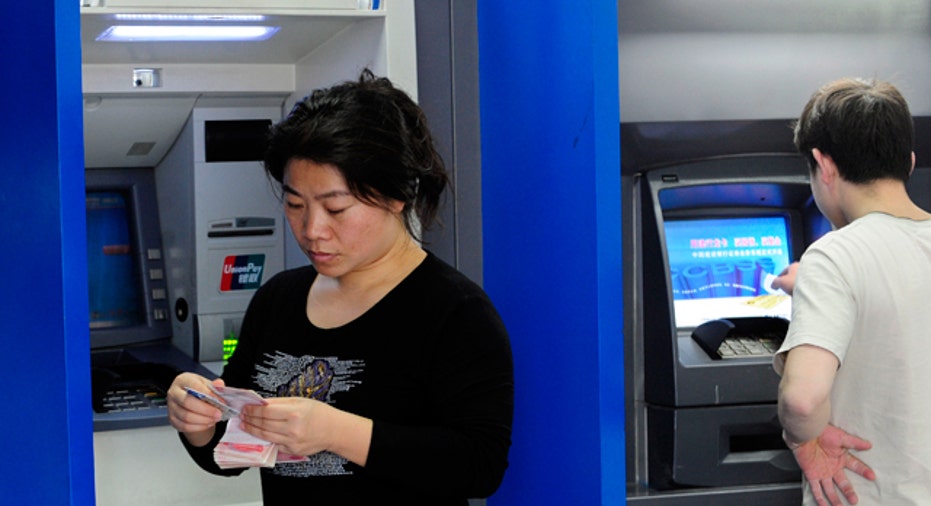Decision Point: Banks Versus Credit Unions

Finding the right financial institution can save you money and peace of mind in the long run. For many people, a large part of this decision means choosing between banks and credit unions. If you are seeking out the best place to put your money, here is a guide to help you decide between major banks and credit unions:Bank Pros
A major bank’s primary advantage is convenience. Many large banks have branches or ATMs around the world, making traveling and accessing your money much easier. Greg McBride, Senior Financial Analyst at Bankrate.com, says that customers may appreciate the ease that banks provide. “For consumers that prefer the convenience of a wide range of products and services – including wealth management or brokerage services – under one roof,” says McBride, ”then a large bank makes sense.” The large scale of banks can also help customers gain access to sophisticated financial tools, such as mutual funds or personal bankers. Banks are also big enough to offer round-the-clock customer phone assistance and a wide variety of online banking services.
Bank Cons
A bank is a business, designed to generate profit, which means they will charge as much as possible. In general, banks charge higher fees and interest rates than credit unions, and that money makes its way to the shareholders. In fact, median advertised interest rates on bank credit cards are 20% higher than credit union cards, and bank late or over-the-limit fees cost nearly twice as much as corresponding credit union fees, according to Bankrate.com. ”For consumers that prefer to get the best possible price,” explains McBride, “a credit union, smaller community bank or online bank is the most attractive option.” The large size of banks can also lead to impersonal service and less leeway with financial matters. If you withdraw too much from your checking account, you will likely be charged an overdraft fee, regardless of how long you have been a customer.
Credit Union Pros
Credit unions are not-for-profit associations that replace the role of banks for many people. Once you join a credit union, you essentially become a part owner of that fund. The credit union’s profits do not benefit shareholders–they benefit you. For example, when banks turn a profit from service and overdraft fees, that money will eventually travel up to the bank’s shareholders. Credit unions may also profit from finance or late fees, but those funds will go back into the pool to provide lower loan interest rates and higher yields. Members benefit greatly from the not-for-profit model, as research shows that credit unions on average provide more favorable interest rates and higher returns than banks. Unlike most banks, many credit unions offer a free balance transfer. Credit unions also charge very few, if any, monthly fees, and you can often open an account with only $5 to $10 as a minimum deposit.
In addition to standard checking and savings accounts, many credit unions now provide all of the financial tools you would find at a large bank, including investment funds and major credit cards. Credit Unions are federally insured by the National Credit Union Share Insurance Fund, which protects individual accounts for up to $250,000.
Credit Union Cons
Smaller credit unions don't have lots of branches which could mean less convenience. Many credit unions now offer online banking and bill pay, but you may not have access to a 24-hour hotline. Credit unions usually have fewer employees than banks, which has its drawbacks.
A smaller institution can provide personalized service from a regular set of people, but those services may be limited. Most small credit unions do not have the capacity to serve individuals with complex financial needs, like portfolio management.
Joining a credit union may also be a a more involved process than signing up at a bank. Credit unions are usually made up of members of a particular neighborhood or organization, such as a company, church or the Parent-Teacher Associaton (PTA). Some credit unions allow you to join after you have made a small donation to a designated charity. These membership requirements mean finding the right credit union will take some research.



















